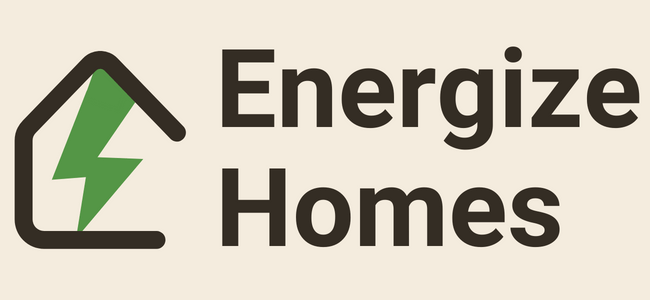How Heat Pumps Compare to Solar Heating Systems in Terms of Efficiency
Both heat pumps and solar heating systems offer excellent efficiencies compared to conventional heating systems, but in different ways. While ground-source heat pumps have the highest COPs, passive solar heating boasts some of the highest SEFs. Your final decision should factor in your specific needs, regional climate, and budget considerations.
When considering how to heat your home efficiently, you’ll likely encounter two prominent options: heat pumps and solar heating systems. Both technologies come with unique pros and cons and serve as intriguing alternatives to traditional heating systems.
But how do they stack up in terms of efficiency? Here, we delve deep into their efficiencies, measured as Coefficient of Performance (COP) for heat pumps and Solar Energy Factor (SEF) for solar heating systems. We will also consider other factors like Seasonal Performance Factor (SPF) and Energy Efficiency Ratio (EER).
Coefficient of Performance (COP)
Heat Pumps
| Type of Heat Pump | Average COP |
|---|---|
| Air-to-Air | 2.5 – 3.0 |
| Water Source | 3.5 – 4.5 |
| Ground Source | 4.0 – 5.0 |
For heat pumps, the COP measures the ratio of heating or cooling provided to electrical energy consumed. Higher COP values are better, signifying greater efficiency. For air-to-air heat pumps, COPs generally range between 2.5 and 3.0, but they can dip lower in extremely cold weather. Ground source heat pumps can reach COPs between 4.0 and 5.0 thanks to stable underground temperatures.
Solar Heating Systems
Solar heating systems don’t have a COP per se but have a Solar Energy Factor (SEF), which is a ratio of energy delivered to energy collected. High SEF numbers denote high efficiency, with ranges typically between 1.0 and 10.0.
| Type of Solar Heating | Average SEF |
|---|---|
| Active Solar Heating | 1.5 – 3.5 |
| Passive Solar Heating | 5.0 – 10.0 |
Seasonal Performance Factor (SPF)
Heat pumps are also rated based on their SPF, a metric that accounts for seasonal variations. In general, the SPF for air-to-air heat pumps varies between 3 and 5. For ground source heat pumps, the SPF can go up to 5.5. Solar heating systems do not have an SPF rating because their performance is more dependent on local climate and solar availability.
Energy Efficiency Ratio (EER)
In terms of EER, which is commonly used for cooling systems but can be applied to heating as well, heat pumps generally score between 8 and 12. Solar heating systems don’t have a standard EER, but their SEF can serve as a quasi-analog.
| Type of System | Average EER |
|---|---|
| Air-to-Air Heat Pump | 8 – 12 |
Capital Costs vs. Operating Costs
One crucial angle to explore is the cost-efficiency. While ground source heat pumps (GSHP) offer higher COPs, their installation costs are much higher due to the need for drilling or excavation. Solar heating systems, particularly solar thermal collectors, may require considerable investment but benefit from low operating costs and potential subsidies.
